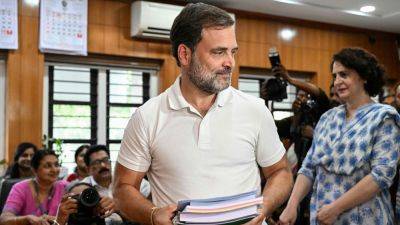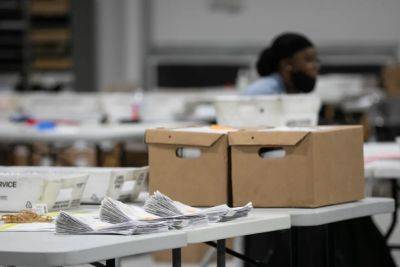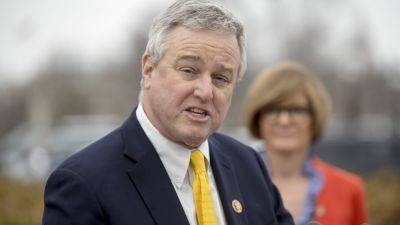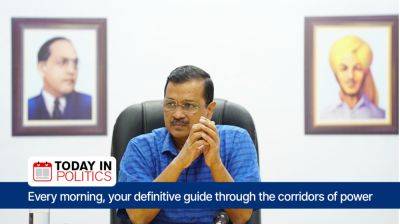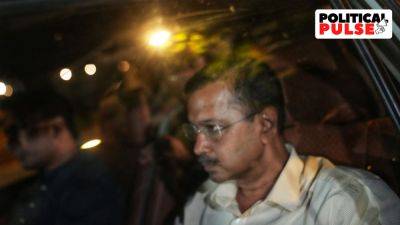One Nation, One Election: Panel cites previous simultaneous polls, says timing not sole factor in voting
ONE OF THE main concerns of parties opposed to simultaneous polls is that a nationally dominant party, with its bigger organisational strength and resources, could benefit at the cost of regional players. And that national issues may take precedence over regional ones.
The report by the high-level committee headed by President Ram Nath Kovind addresses this criticism, arguing that “when regional parties effectively highlight local concerns to the electorate, voters would not be swayed by only national issues in the event simultaneous elections are held”.
The report cites the response by the Maharashtra Gomantak Party (MGP), a Goa-based regional party which is a part of the BJP-led government in the state, to say that several regional parties also favour simultaneous polls. In its response, the MGP said that “conducting elections simultaneously might enhance grassroots democracy by limiting the opportunity for external campaigners, thereby encouraging a heightened focus on local issues”.
However, other regional parties such as the Trinamool Congress, AIMIM, CPI, DMK, the All India United Democratic Front (AIUDF), Naga People’s Front (NPF) and Samajwadi Party (SP) opposed simultaneous elections in their response to the Kovind panel.
The Kovind panel then goes on to address another concern, whether a voter could choose differently if the state and general elections are held together.
For this, the report quotes an article published by the Centre for Study of Developing Societies (CSDS) and Association of Democratic Reforms (ADR), which looked at simultaneous elections held since 1989.
The article said that there had been 31 cases of simultaneous elections since the 1989 general elections — which was the start of a long period of


